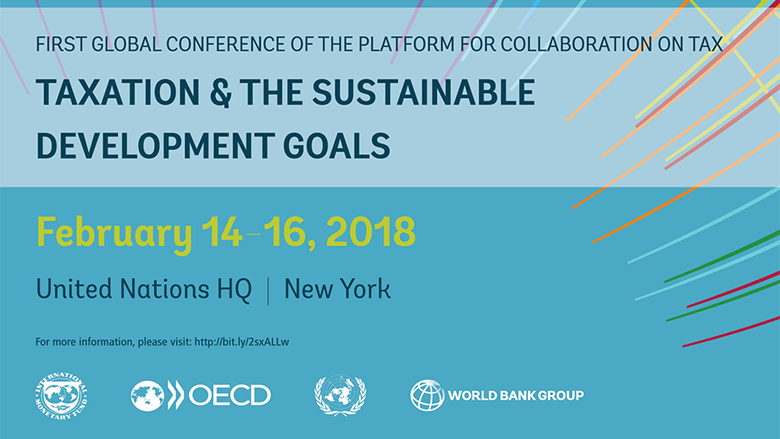We need to move from rhetoric to action and reform tax systems that currently affect women´s lives and increase gender inequality. This was one of the statements supported by Corina Rodríguez Enríquez, from DAWN´s Executive Committee, at the First Global Conference of the Platform for Collaboration on Tax – Taxation and the Sustainable Development Goals – which took place on February 14-16, 2018, in New York, with the participation of around 500 representatives from 119 countries.
Rodríguez Enríquez was one of the speakers at Session 3-B, titled “Taxation for Better Gender Equality”, which aimed to analyze the gender implications of tax systems in developing countries and examine how tax policy may reinforce existing gender inequities, and how reforms can help reduce them.
“It is generally understood that smart taxation is the one that achieves the best performance in terms of tax collection and a certain degree of tax justice, without negatively affecting economic growth and incentives to investment. But perhaps an even smarter taxation is one which is compatible with and promotes human rights”, Rodríguez Enríquez stated.
She explained that in the case of Latin American, although there are no explicit gender bias in tax systems, there are however implicit biases, which are more difficult to notice and identify. These biases are found, on the one hand, in the regressive character of tax systems, built on indirect taxation; and on the other hand, in the subordinated economic position of women, which places them relatively more in lower income sectors, more affected in relative terms by the regressive tax structure. In this regard, gender biases have a lot to do with socio-economic inequality.
Another aspect of these gender biases she pointed out are the illicit financial flows (IFF) that come from different forms and levels of tax evasion and avoidance (tax dodging), as well as from illegal activities, and which reduce public resources to implement policies that favor equality. In addition, some of the activities that generate these flows especially violate the rights of women, as is the case of trafficking in persons.
Rodríguez Enríquez also spoke in the side event “Mobilizing Resources for Gender Equality: The role of tax policy in reducing intersecting inequalities & achieving the SDGs”, co-organized by DAWN together with Global Alliance for Tax Justice, ActionAid, Bretton Woods Project, Center for Economic and Social Rights, Christian Aid, Public Services International and Tax Justice Network.

